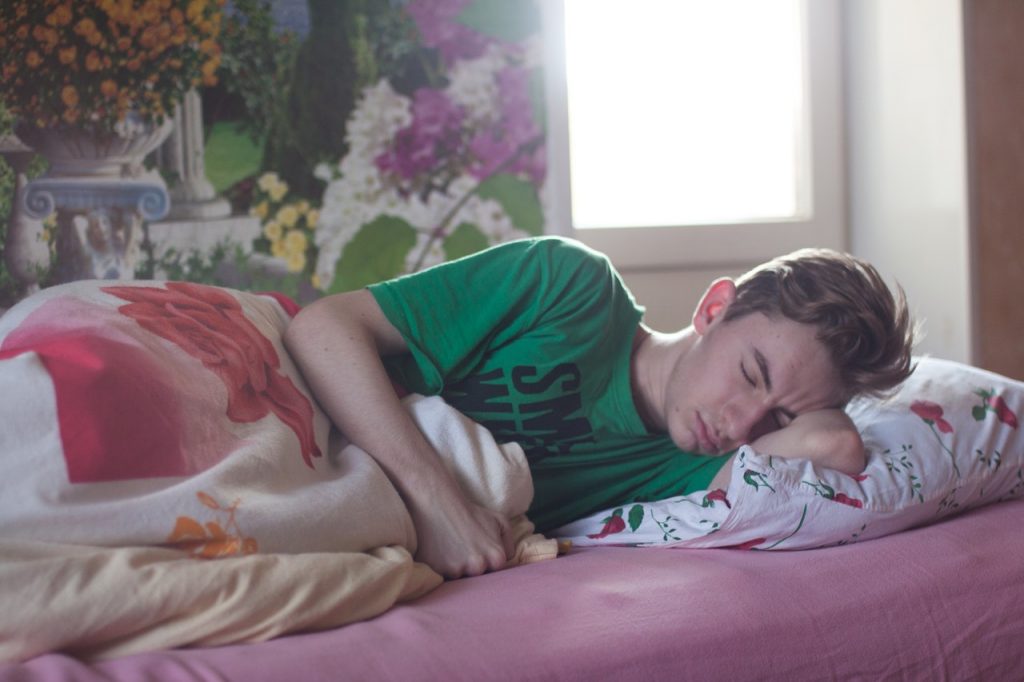LIKE clean eating and workout before it, sleep has been the Holy Grail of health. And it is as rewarding, too, with recent statistics showing the worldwide sleep-aid market is forecast to reach AU$104 billion by 2019.
Sleep entrepreneurs want to sell us trackers to track our downtime. They’re peddling programs, hi-tech blankets, smart mattresses, anti-snoring apparatus and even a robot that you cuddle to assist you get to sleep faster and stay asleep for more.
There’s been a massive increase in awareness around sleep and how it impacts our wellbeing in the last few years.
With that awareness, we have seen a steady growth in gadgets that promise to help us sleep better – and determine where we are going wrong.
According to study by the Sleep Health Foundation here, around 45 percent of Aussies believe they are not getting enough sleep.
I can not think of something it does not improve, as it’s associated with each biological function.
Studies indicate that just 1 night of bad sleep quadruples your risk of catching a cold as it suppresses your own immunity. Lack of sleep also causes a decrease in your cognitive functioning, in addition to concentration, compassion, reaction times and motivation, and contributes to increased appetite.
Business is thought to be suffering, also: Absenteeism brought on by sleep disorders costs the Australian economy $33 billion each year.
All this is fueling a sleep-tech industry that is reported to be worth $40-$53 billion annually and is growing by 8 percent annually.
Nevertheless, there should be caution used against the constant pursuit of sleep-related gadgetry.
